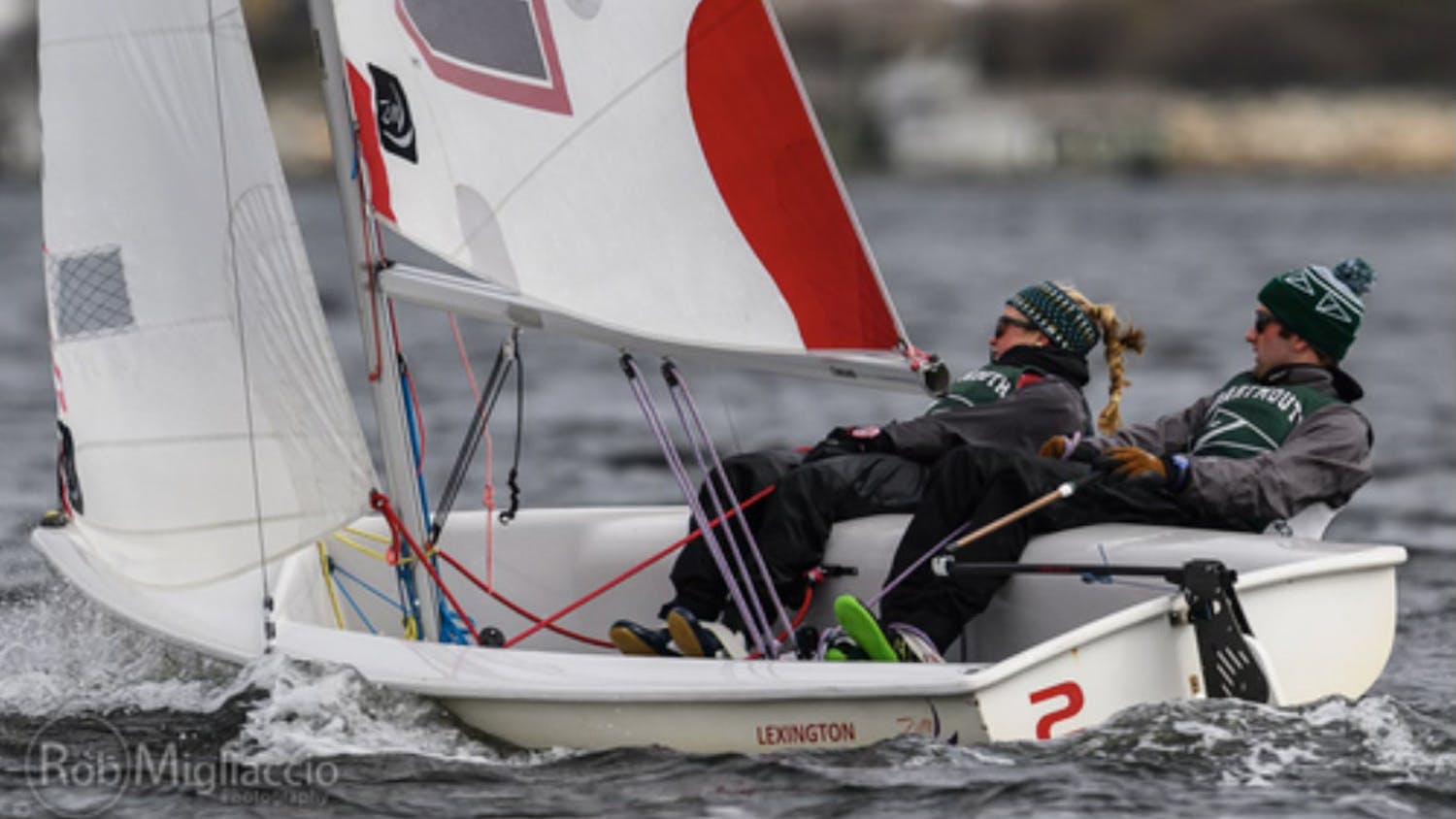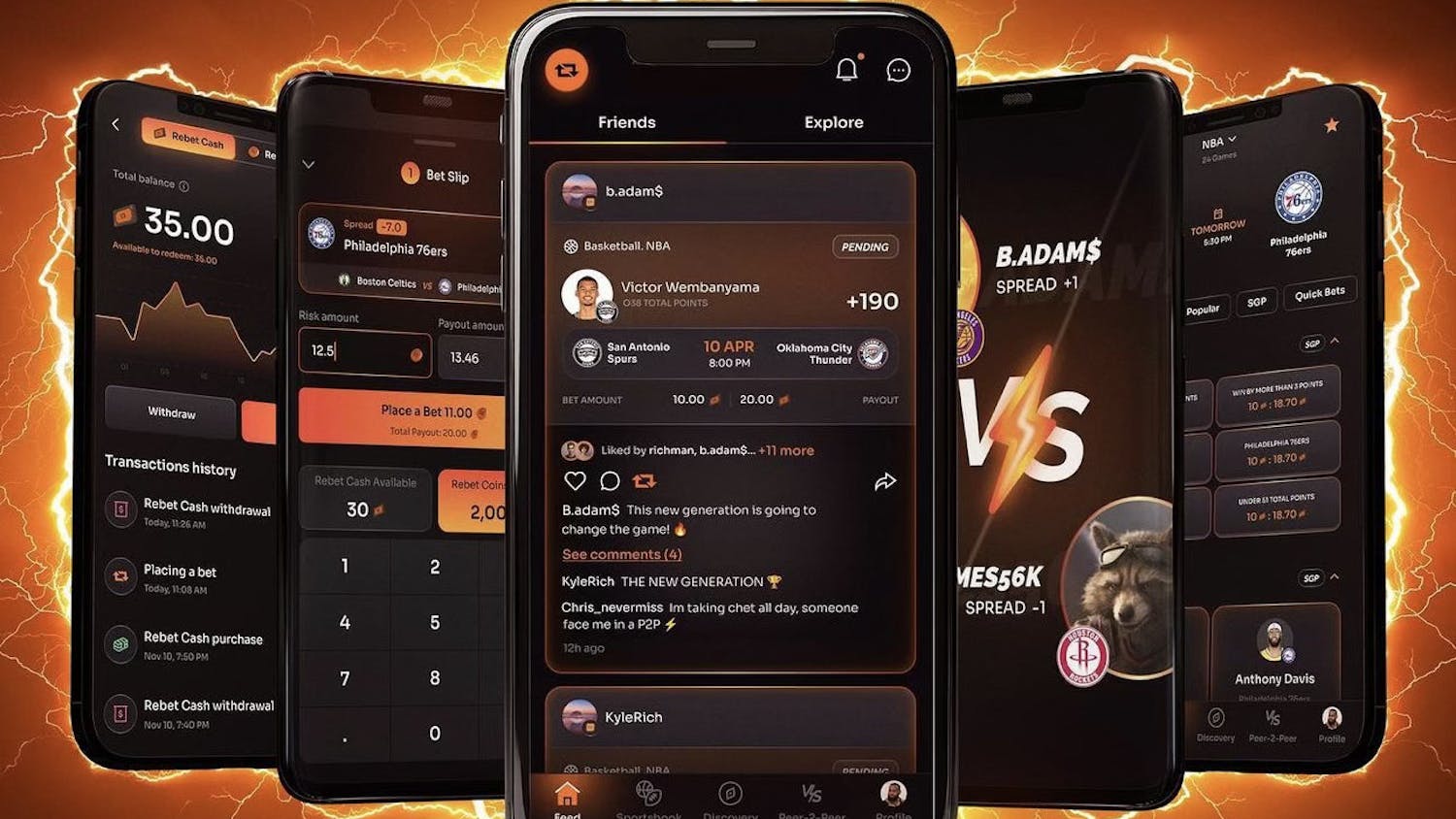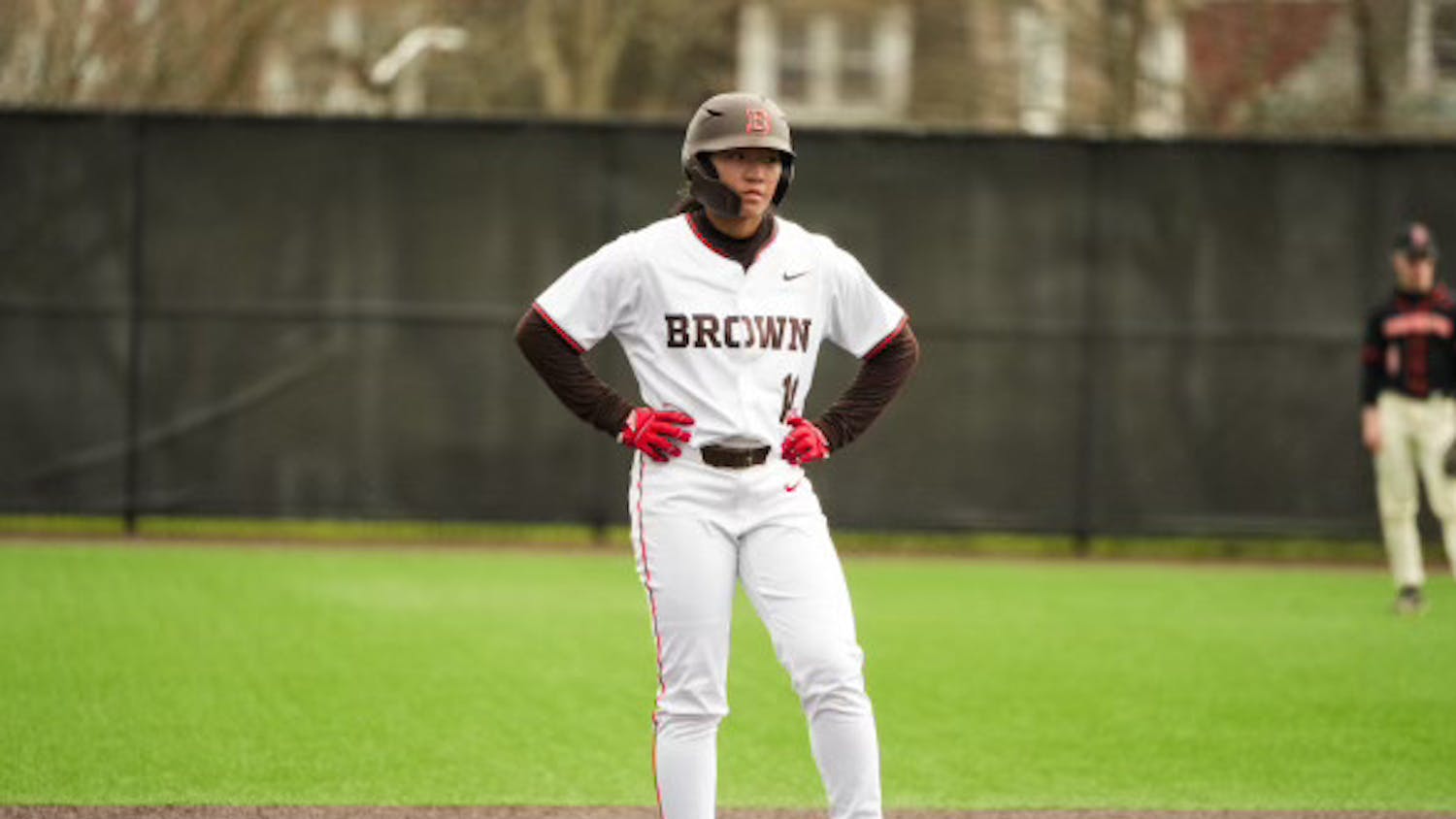Since 1877, rugby has been part of the College’s athletic landscape. The Dartmouth Rugby Football Association was founded in 1880 and later transitioned into traditional American football in the 1890s, but returned to the roots of the sport with the establishment of Dartmouth Rugby Football Club in 1951.
In its history, the club has toured Argentina, Bermuda, Ireland, Italy, South Africa, Spain and Uruguay. The team also used to travel to England annually, but no longer does so, as the College placed an international travel ban on teams. Nonetheless, the team has traveled to Los Angeles, San Diego and San Francisco.
The team has had a seasoned history of success. The men have won the Ivy League Championship 21 times since 1969 and 11 times consecutively since 2007 All-American, as well as the national 7s championship in 2011 and 2012. This spring, the Big Green took home the D1AA All-American Spring Championship with a 66-20 victory over the University of Nevada, Reno.
The team is coached by James Willocks, who previously played Premier Level Rugby with the Alhambra Union Rugby Club and has coached with Dartmouth Football, the U.S.A. Rugby Men’s Collegiate All-American Team and Pennsylvania State University. The team’s captains are Benji Hannam ’18, Steven Hinshaw ’18 and Oliver Engelhart ’18, and the president is Andy Werchniak ’18.
Engelhart, a scrum half from Hong Kong, China, has been playing rugby since he was three years old. He originally came to Dartmouth as a member of the varsity sailing team and decided to also play rugby. However, at the end of his freshman year he chose to fully commit himself to the DRFC.
As a captain, Engelhart believes that part of his role is to maintain an upbeat and positive atmosphere among the team both on and off the field.
“We don’t like it when there’s negatives, we don’t like when there’s comments made about mistakes,” he said. “We want to keep it positive, we want to keep guys really enjoying the game, and then because of that you play better if you’re actually enjoying it.”
As a whole, students play an integral role in running the club, taking lead in positions such as captain, president, treasurer, tour director and equipment managers. While the DRFC is a club sport organization, it is the largest one at Dartmouth and its members practice similarly to a varsity team, with four on-field practices a week in addition to lift sessions. The team’s intensity to each practice is unrivaled, having taken the field for practice even in four degree weather.
“In terms of hours in a year, we train more than any other team on campus in terms of how long we practice throughout the year,” Engelhart said. “Because we go from preseason in the fall, so we start two and a half weeks before class, and then we go all the way until finals of spring season.”
There are four different types of practice for the team: insole, pace, intensity and captain’s run. Each of these styles focuses on a different aspect of training, from speed to learning new strategies to conditioning. The team also watches film in preparation for some of their matches.
“It doesn’t matter who we’re playing, it matters about how we play our game, and then once we’ve built that, then we look at the other team’s strategy and we say, ‘How can we adapt to best overcome them?’,” Engelhart said. “And that’s when we start looking at game film, but it’s not targeting players, it’s not about looking at exactly where we can attack, it’s just how can we build our own strategy around the preferences of the other team.”
This year, out of the 15 starters and eight substitute players on the A-team, two of the players — Charlton McArdle ’21 and Jarett Lewis ’21 — hadn’t touched a ball before coming to Dartmouth, while two other ’21s had some experience in high school.
“As leaders on the team, not just captains but all the seniors and all the juniors, teaching younger players how to play the game, raising the rugby IQ, getting them involved and then just fixing the little things and everybody’s getting better as we do that,” Engelhart said. “I get better because of teaching other people as well.”
While the team takes pride in its history, it also wants to be innovative in its game play, deviating from the “old-school.”
“We want to be creating something new and by doing that we’re remembering, we’re paying tribute to the guys that came before us,” Engelhart said. “If we can work for something excellent, we are giving something back to the alumni.”
On May 5, the team traveled to Los Angeles to face off against the University of Mary Washington, the top-ranked D1AA team, in their first appearance at the Fifteens National Championship Match in 20 years and second appearance in the history of the club. While the team fell short of winning their first ever 15s National Championship 38-30 after an exciting game that went down to the wire, Hannam walked away feeling proud of the team.
“It was an amazing game,” Hannam said. “I’m so proud of the guys, they showed a resilience and just a ‘never die’ attitude.”
The team will be in Philadelphia for the Collegiate Rugby Championship on June 2 and 3 to compete for the national title in sevens.
Next year, the team will be captained by Struan Coleman ’19, who has several objectives for the club.
“Getting back to the D1AA final I think is our goal, and then winning it as well,” Coleman said. “Win another Ivy League championship [and] go undefeated in the fall.”
After Dartmouth, Engelhart plans to play professionally, either in Hong Kong or the U.S. He hopes to try out for the Hong Kong national team this summer. Hannam also plans to remain involved with the sport, either as a player, coach or referee.
“I definitely want to stay involved in rugby and I definitely want to try and stay involved in this club in some way as an alumni,” Hannam said. “I mean, this has been the biggest part of my Dartmouth experience, the best part of my Dartmouth experience, and I love this place.”



